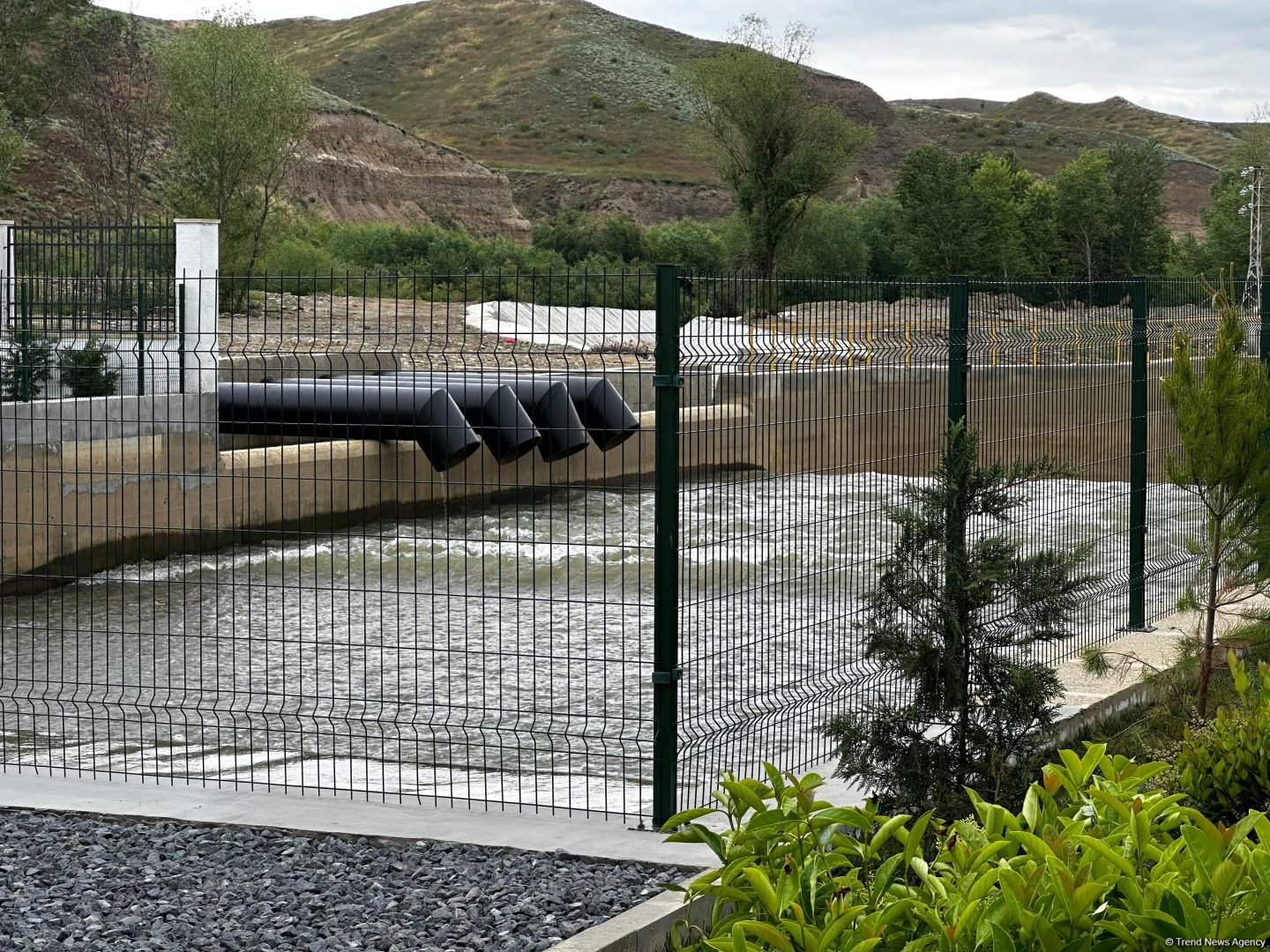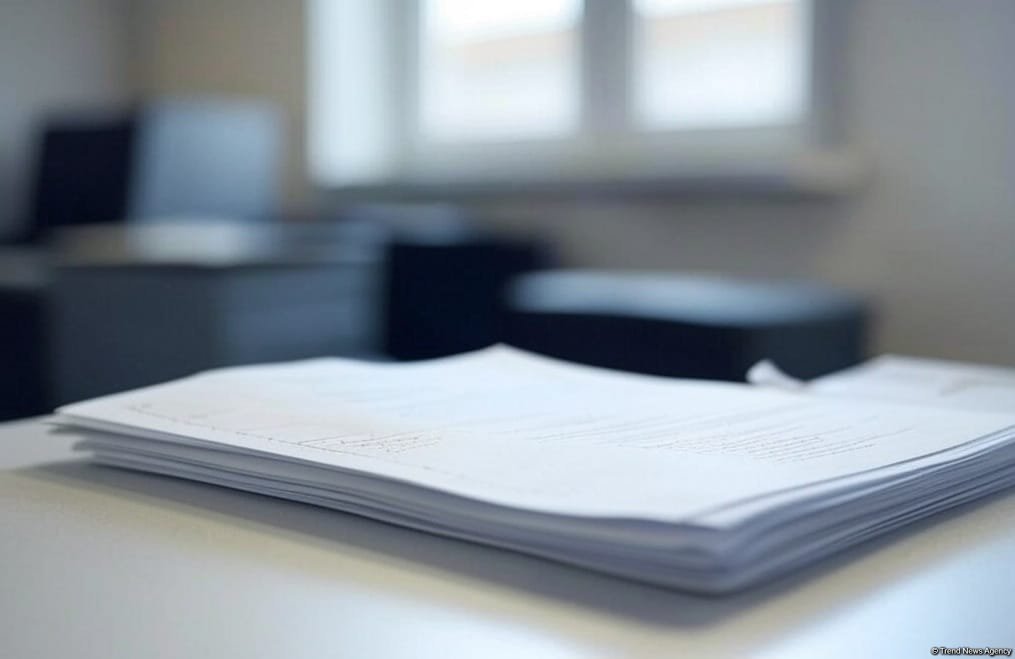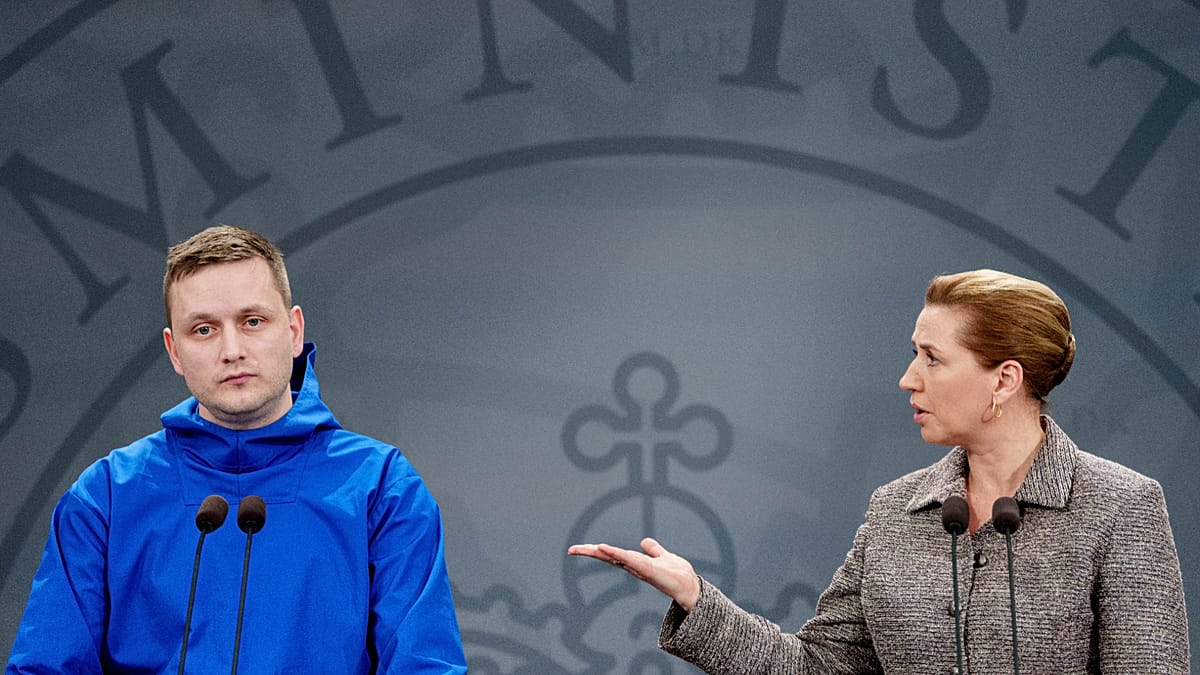Brussels wants EU savings in investments to generate 1.2 trillion in 10 years

The European Commission estimates to generate at least 1.2 trillion euros in 10 years by encouraging citizens of the European Union to invest their savings in productive investments, focusing on financial literacy and more accessible models.
At stake are two initiatives presented today in Brussels – the Financial Literacy Strategy and solutions for Savings and Investment Accounts – with the institution’s simulations indicating that, “in an optimistic scenario, by transferring part of their savings to productive investments, citizens could increase investment in EU assets by more than 1.2 trillion euros over 10 years,” said the Portuguese European Commissioner, Maria Luís Albuquerque.
At a press conference in the Belgian capital presenting these recommendations to the countries of the European Union (EU), the official responsible for Financial Services and the Union of Savings and Investment stated that there are “concrete solutions for citizens to better leverage their money” through “more informed financial decisions, investing in themselves and their future.”
“This would provide additional sources of financing to European companies, thus boosting economic growth and job creation across Europe, as well as European competitiveness,” she noted.
When asked by Lusa on the occasion, Maria Luís Albuquerque explained that the expectation of raising 1.2 trillion euros is calculated based on the assumption that people in the EU who buy have the same percentage invested in the market and similar returns to current averages.
“I would say it will easily be better if we quickly start implementing this and if our citizens realize that there is indeed an important opportunity here to make their money work for them,” the official observed.
Regarding timelines, the Portuguese European Commissioner pointed out that the institution “places this on the side of the Member States so that they can implement [the strategies].”
“We expect – and will make efforts in this direction – that there will be a rapid implementation on the ground because we have these resources available,” she indicated.
For this reason, the European Commission has put forward recommendations to countries instead of “rigid legislation,” Maria Luís Albuquerque added, admitting that the institution will monitor implementation efforts through the coordination package of budgetary policies of the European Semester.
When less than one-fifth of European citizens have a high level of financial literacy, the strategy proposed today foresees that countries carry out communication and awareness campaigns (for example, on how to manage household budgets or how to choose a financial product) and fund research in this area.
In turn, it is also requested that Savings and Investment Accounts be made available for buying and selling assets without obstacles and more flexibly.
Data from the European Central Bank indicates that, every year, the EU loses 470 billion euros in investment that is not made in the EU due to the lack of a Capital Markets Union.
This is in a context where, after the COVID-19 pandemic, the EU today has 33 trillion euros in private savings, predominantly held in cash and deposits.
It is these losses that the European Commission wants to address, particularly after reports on the competitiveness of the European economy prepared by former Italian Prime Ministers Enrico Letta and Mario Draghi advocated for a Union of Savings and Investment to not only keep private savings in the EU but also attract additional resources from abroad.













































